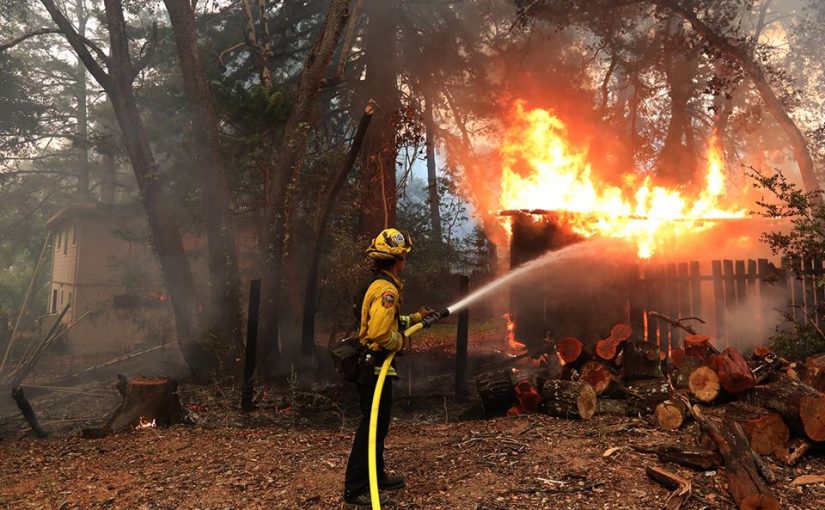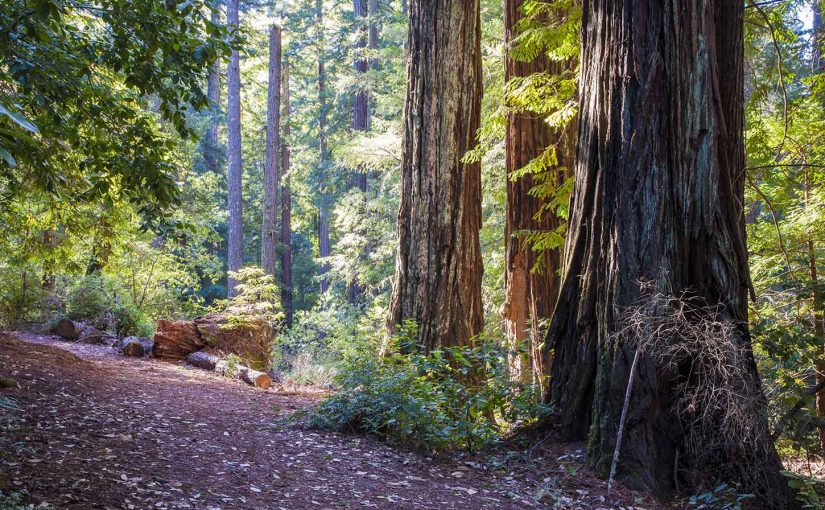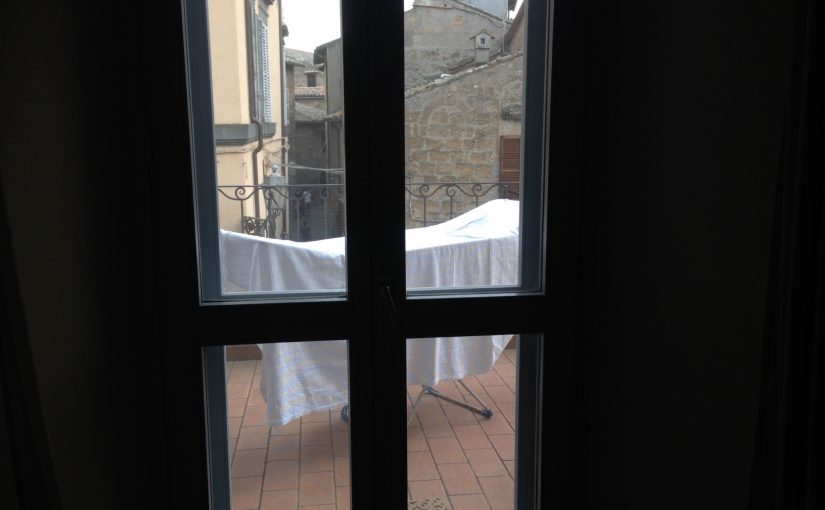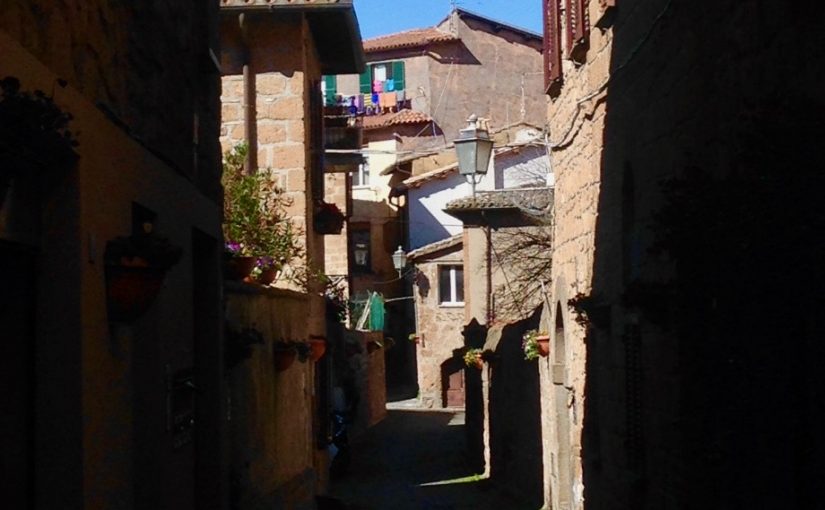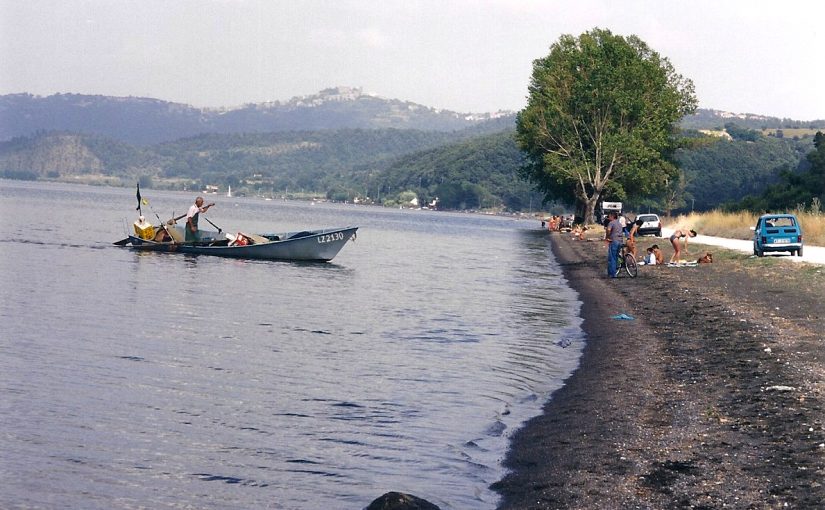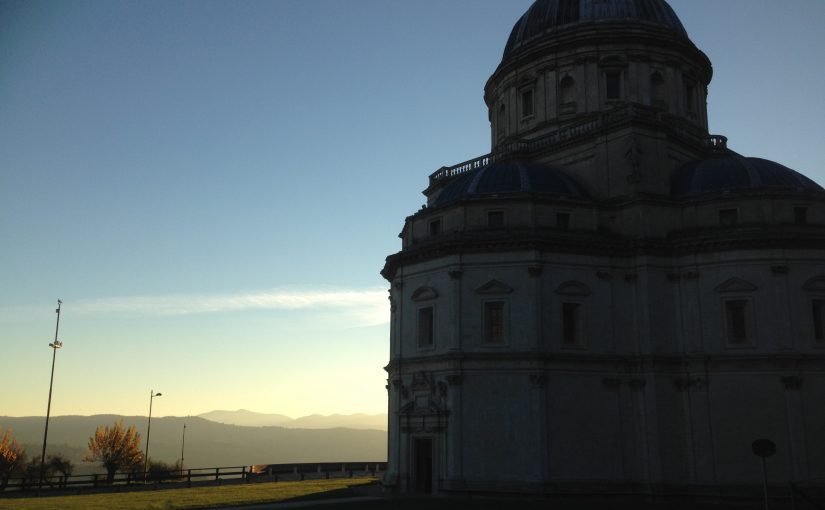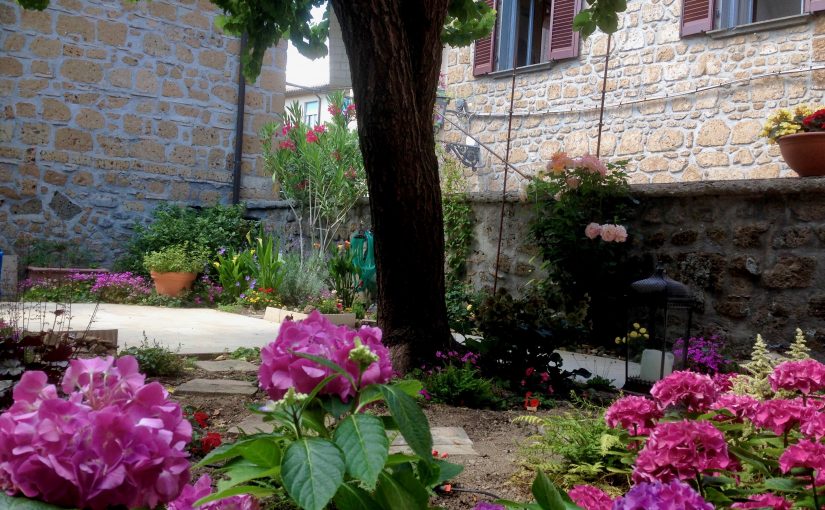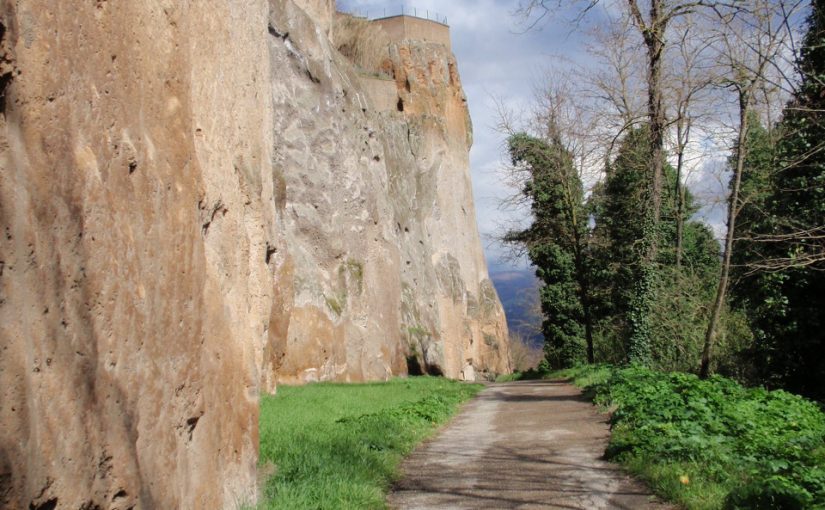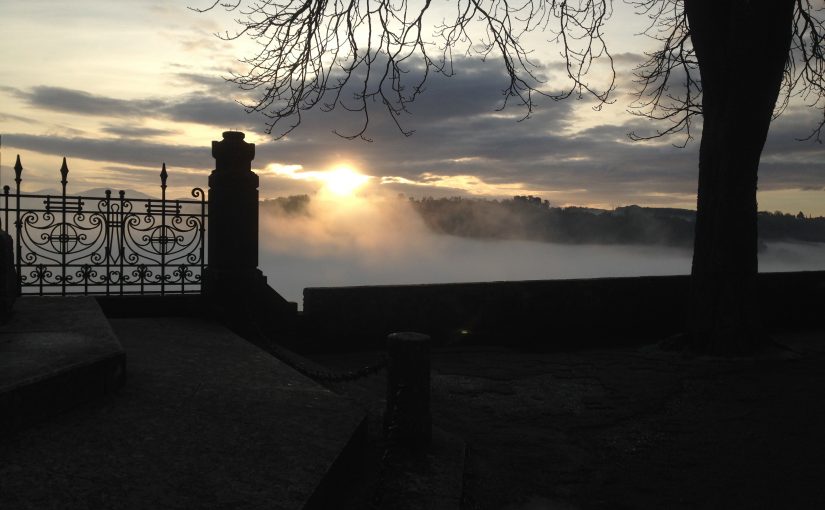I’ve been writing these posts – lockdown, post-lockdown, personal lockdown – in part to keep in touch with friends, in part to create a record, in part to process my thoughts during difficult times. My abilities to process and sort are presently challenged almost to the point of paralysis. I want to hear from all my friends and relatives in California, now and every fifteen minutes until the fires are gone. There are devastating flames in communities I have held dear for a lifetime. I am thousands of miles away, isolated with a leg I can’t yet walk on, and connected tenuously through Facebook and email to friends I cannot receive assurances from on demand.
I just watched the morning briefing on the fires in Santa Cruz County’s San Lorenzo Valley, and am flooded with admiration. And am fighting profound feelings of helplessness. I can only imagine how much more profound those feelings must be when the material aspects of your life are in danger of incineration.
“Don’t try to take things into your own hands,” the people who gave the briefing said repeatedly. “Every rescue we have to undertake removes personnel from the front lines. We know your urge to help is well-intentioned – to assist your family, your neighbors, your community – but in this instance you need to step back, and wait.”
A friend whose home may be in harm’s way posted photos some brave soul took of the fires in Bonny Doon. They are devastating, especially when one superimposes those charred, burning images with the green summer-filled pictures in your mind. That not every photo was of a solid wall of conflagration, that they included a single firefighter spraying down a fence, was oddly heartening. But the image that brought tears was of what had been someone’s lovingly constructed patio, stones beautifully set with perfect care, a stone fire pit still in place – all surrounded by ash.
Big Basin, I hear, is destroyed. Surely not all the great trees — redwoods are hearty resisters of flame — but the structures that identified it as a park are gone. The redwoods will begin to rejuvenate as soon as they can reach moisture. We will not see the park we knew, again, but something wondrous will soon begin to rise. It is the way of forests. The people whose stewardship our enjoyment of the place depends upon will minister in trailers and prefabs for a few years, then slowly the facilities will catch up with the trees. And we who knew it pre-fire will share our photos and our memories until reality surpasses them. The last great fire to devastate the area was 110 years ago. My mother and her family where hiking and picking berries as soon as ten years later.
But a human community can be more fragile, less inclined to grow back so spontaneously. Human roots are different – they can be moved. There will be insurance claims, financing, emotional destruction, huge adjustments to be decided upon. And even if no more homes are lost, this week marks the end of something for those directly affected. It is the same uncertainty as accompanies the pandemic, come closer still. Even these thousands of miles away, I feel changed by the fires, more fragile, less willing to trust the material world.
In the midst of these unknowables, I still hear humor (which floods my heart with joy) and courage. I hear people just dealing with what must be done, open to the future and hoping for the best. There is some relief in natural disaster when compared to war or oppression. The pain it inflicts is beyond our capacities to prevent, but the response it engenders can embody the best that human nature has to offer. Barriers drop, hands reach out, communities are restored.
It is also natural for the human personality to want definitive endings. Movies and books and plays end with a satisfying emotional or intellectual charge, even with a plot not completely resolved. The human experience needs punctuation, resting tones, and pauses for us even to begin to understand it. The most difficult times are those that leave too many open questions stacked on top of one another. We live in difficult times, and need to learn to blend helpfulness with waiting. That is not an easy thing to do.
